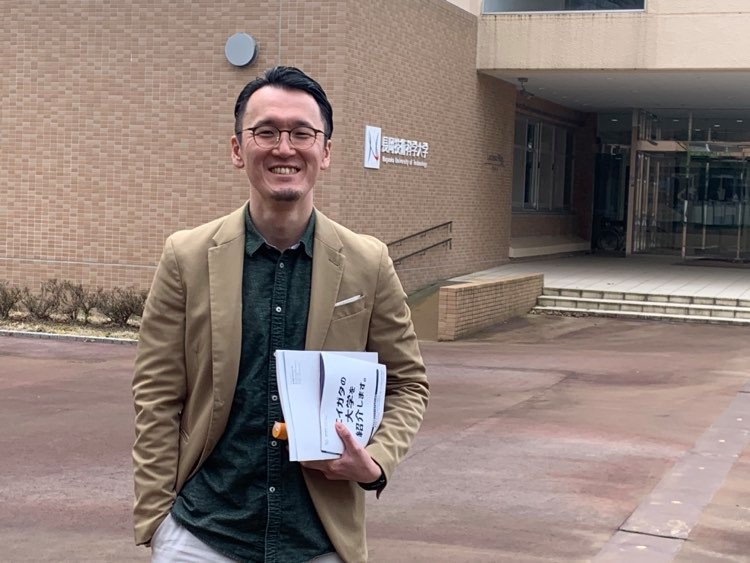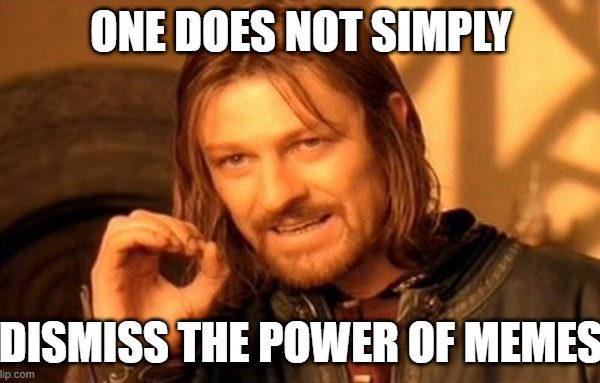Digital transformation, global pandemic such as COVID 19, and new regulations and laws are some of the current forces that shape the dynamics of the workforce today. The Nagaoka Review (NR) spoke with Keita Sugiyama (KS), an IBM business consultant and expert on organizational transformation to get his thoughts on these trends as well as the current and future state of the modern workforce.
Keita Sugiyama has had an extensive HR practice with IBM for more than 13 years.
NR: First of all, tell us about what you do at IBM.
KS: I’ve been a Global Business Consultant at IBM, specializing on organization assessment and transformation design and talent management system. Essentially, I advise clients on the role that organizational transformation plays in achieving strategic business objectives. At the heart of what I do is looking at people. People are the core of any business and in a services company like IBM, it is the center of the business.
I help organizations develop and implement integrated learning and performance management solutions to address their goals and business challenges, commit to their strategy, and effectively manage organizational change.
NR: How would you describe the process of doing organizational transformation these days?
KS: These are exciting times because a lot of organizations are exploring initiatives that will make them competitive, resilient, and innovative. But at the same time, in the past couple of months, we have seen lots of volatility, uncertainty, complexity, and ambiguity (VUCA). VUCA is indeed happening.
Given these two different situations, I understand how business leaders would remain optimistic about the future and how they would approach the short-term and even medium-term outlook with caution.
NR: So how should organizations approach these uncertain times?
KS: Due to corona virus, the way of working has drastically changed within these few weeks. And the concept of the ‘new normal’ is still a work in progress. I think this is the perfect time to emphasize the concept of ‘agility’.
Business leaders must become agile leaders and show their employees the agile style of working. In agile, you embrace change for a reason. It is amazing to see the speed that organizations who used to repeat ‘we cannot change’ are adapting to remote work.
Remote working is not just an option but a requirement to stay resilient. Technology has enabled remote work but the corona virus has accelerated it. This is just of one the major changes we are seeing. And the behavior to enjoy the change and apply agility will be the key to establish the new normal.
NR: So to thrive in these unpredictable times, agility is a must.
KS: Correct.
NR: What are the barriers to agility and how can we overcome these?
KS: Humans are not hard wired to easily accept and embrace change because it is not comfortable. It is natural for people to resist change, right? Complacency and lack of urgency are additional factors.
Today’s organizations and employees need to improve their adaptability to stay resilient.
The present and future workforce must shrug off complacency, constantly keep learning, constantly evolve, and develop critical skills that are relevant to the success of the organization. At a time when rapid changes are happening, adaptability will be critical both in business and in life.
NR: In addition to adapting to remote working, how else do you see the modern workforce going to look like?
KS: The future is not going to be about pre-defined roles and responsibilities anymore. It is going to be about relevant skills and capabilities. So the modern workforce MUST be multi-skilled. If you’re a specialist in a certain field, you can be hired for a certain period and then that’s it. Specialists will become in-demand contract workers.
”The modern workforce MUST be multi-skilled. If you're a specialist in a certain field, you can be hired for a certain period and then that's it.
Keita SugiyamaGlobal Business Consultant, IBM
NR: But the academia seems to prepare future graduates with a certain specialization / field. How should modern organizations address this gap?
KS: I will give you an example. The past few years, I have been working on digital learning transformation. I create a learning platform for every client so that every employee can take any courses on the Internet. Digital tools like this is just one way organizations can help employees upskill and reskill themselves.
And this learning platform is just one piece to help organizations attract, develop, retain, and manage their talents so they can maximize business results.
NR: How else are you helping organizations prepare for the future?
KS: As we have seen in the remote work example earlier, technology can change the way we do business, and the way we work. There are digital tools, digital technology like AI, Watson, online learning platforms, etc. that are available to transform very traditional approaches.
From an HR standpoint, I think these digital tools can help change the definition of HR. Especially in Japan, HR means the operation or processes like payroll, timeline, attendance-tracking, etc. But through the use of digital tools, the mundane, manual tasks can be automated allowing HR professionals to focus more on strategic, value adding pieces of their role such as training and developing employees and executing HR strategies or services that support the overall business strategy.
NR: And lastly, I’d like to close by asking, how can we develop new leaders in the ‘new normal’?
KS: I think we should support individuals who feel inspired and are even more passionate to innovate while trying to adapt to the new normal. Resilience and innovation seem to be too impossible to mix in a pandemic or during VUCA times. But leaders do come out during tough times.
Photos by Esther Jiao and Bench Accounting on Unsplash













